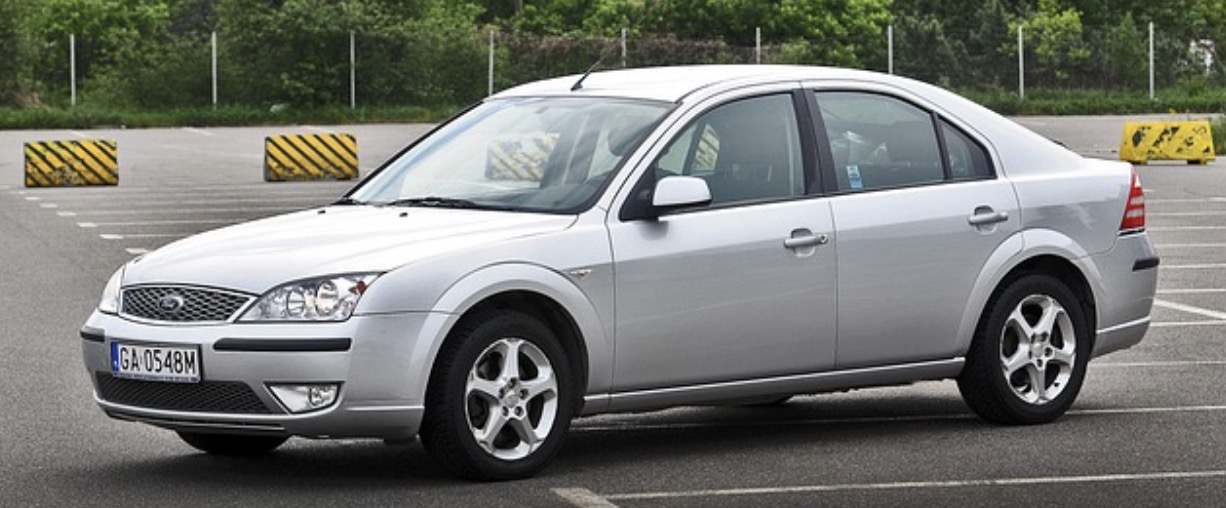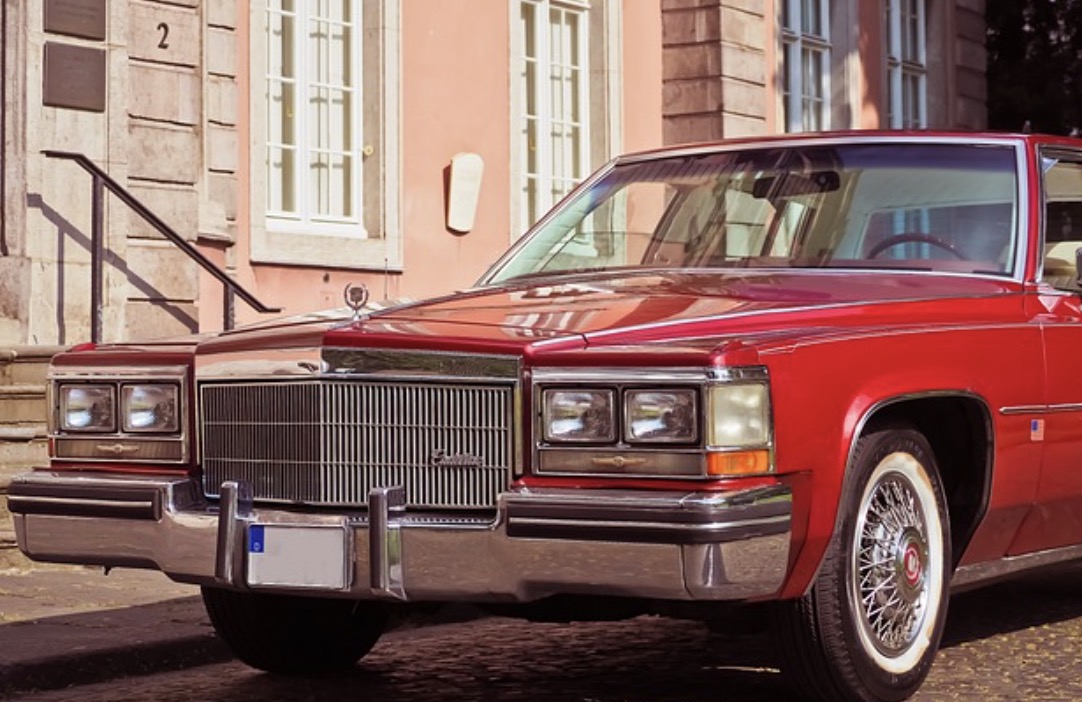So, you’ve just purchased a shiny new car, and you’re excited about all the upgraded features and the feeling of driving something fresh off the lot. But what do you do with your old faithful vehicle that has served you well for years? You have several options, each with its own set of advantages and considerations. This comprehensive guide explores various choices for dealing with your old car after buying a new one.
Reader's Roadmap
Scrap or Junk Your Car
If your car is in poor condition or has significant issues, scrapping or junking it provides a quick way to get rid of it. Responsible scrapping ensures the vehicle is recycled correctly, minimizing its environmental impact. Explore the internet, where you may find a website for junk car removal. You can click here to learn more about your options. Just remember, scrapping your car typically yields very little money, if any. You may also need to arrange transportation for your vehicle to the scrapyard. Ensure you deal with licensed and reputable scrap yards to dispose of your car responsibly. Before sending your vehicle to the scrapyard, remove any personal belongings.
Sell It Privately
Selling your old car privately typically yields the highest return on investment. You have control over the selling price and can negotiate with potential buyers. However, it can be time-consuming. You’ll need to create listings, respond to inquiries, and meet with potential buyers for test drives. Depending on your location, you’ll also be responsible for handling the paperwork, including the bill of sale, transferring the title, and possibly smog certification. Research the market value of your car to set a competitive price. Be prepared to negotiate, but also know your bottom line. Create a detailed listing with high-quality photos to attract potential buyers. When meeting with potential buyers, choose safe and public locations for test drives and transactions.
Trade-In at the Dealership
Trading in your old car at the dealership where you’re buying the new one is convenient. It simplifies the process, as the dealership handles most of the paperwork. In some states or countries, you may receive a tax credit for the trade-in value of your old car, reducing the overall cost of your new vehicle. But remember, dealerships typically offer lower trade-in values than you might get in a private sale. This is because they need to make a profit when reselling the vehicle. The trade-in value is often non-negotiable, meaning you have less room to haggle. Consider getting trade-in quotes from multiple dealerships to find the best offer. Use online resources like Kelley Blue Book or Edmunds to estimate your car’s trade-in value before visiting the dealership.
Sell to a Used Car Dealer
Selling to a used car dealer is usually faster than selling privately. They may offer you a fair price and immediately take your car off your hands. Dealerships that specialize in used cars are well-versed in handling the necessary paperwork. Used car dealers might offer a lower price compared to what you could get in a private sale. Look for reputable used car dealers in your area with positive customer reviews. Don’t hesitate to negotiate the offered price to ensure a fair deal.
Part Out and Sell for Parts
Parting out your old car and selling its components individually can often yield the highest financial return, especially if it has valuable parts. Disassembling a car and selling its parts can be time-consuming and labor-intensive. You’ll need space to store the pieces until they are sold. You’ll also need mechanical knowledge or the assistance of a professional to disassemble and remove parts properly. Keep detailed records of the parts you remove, and organize them for easy sale. Use online platforms like eBay or automotive forums to reach potential buyers for your car parts.
Donate Your Car
Donating your old car to a qualified charitable organization can provide a tax deduction, which can be especially beneficial if you itemize your deductions. Nevertheless, unlike selling or trading in your car, donating it won’t provide you with cash in hand. Ensure you choose a legitimate charitable organization with a tax-exempt status to maximize your tax benefits. Look for charities that align with the causes you support, and inquire about their donation process. Maintain records of the donation, including the charity’s name, tax-exempt status, and the fair market value of your car.

Deciding what to do with your old car after buying a new one is a multifaceted decision that depends on your priorities, circumstances, and preferences. Before making your decision, assess your old car’s condition, financial goals, and attachment to the vehicle. Additionally, research and gather multiple quotes or estimates to ensure you get the best possible value or outcome from your old car. By thoughtfully evaluating your options, you can make an informed choice that aligns with your needs and values while giving your old car a new purpose or owner.







Leave a Reply
View Comments